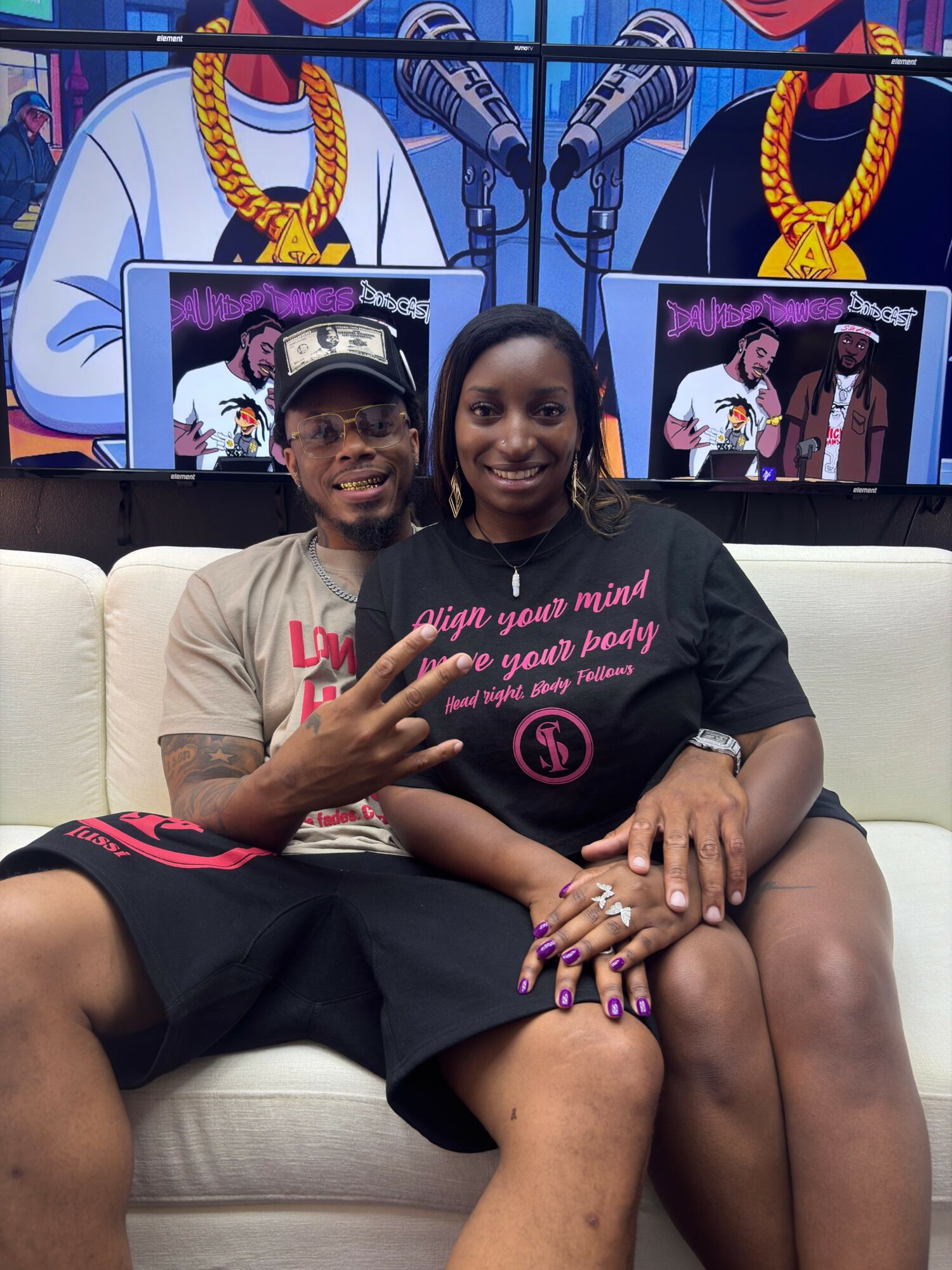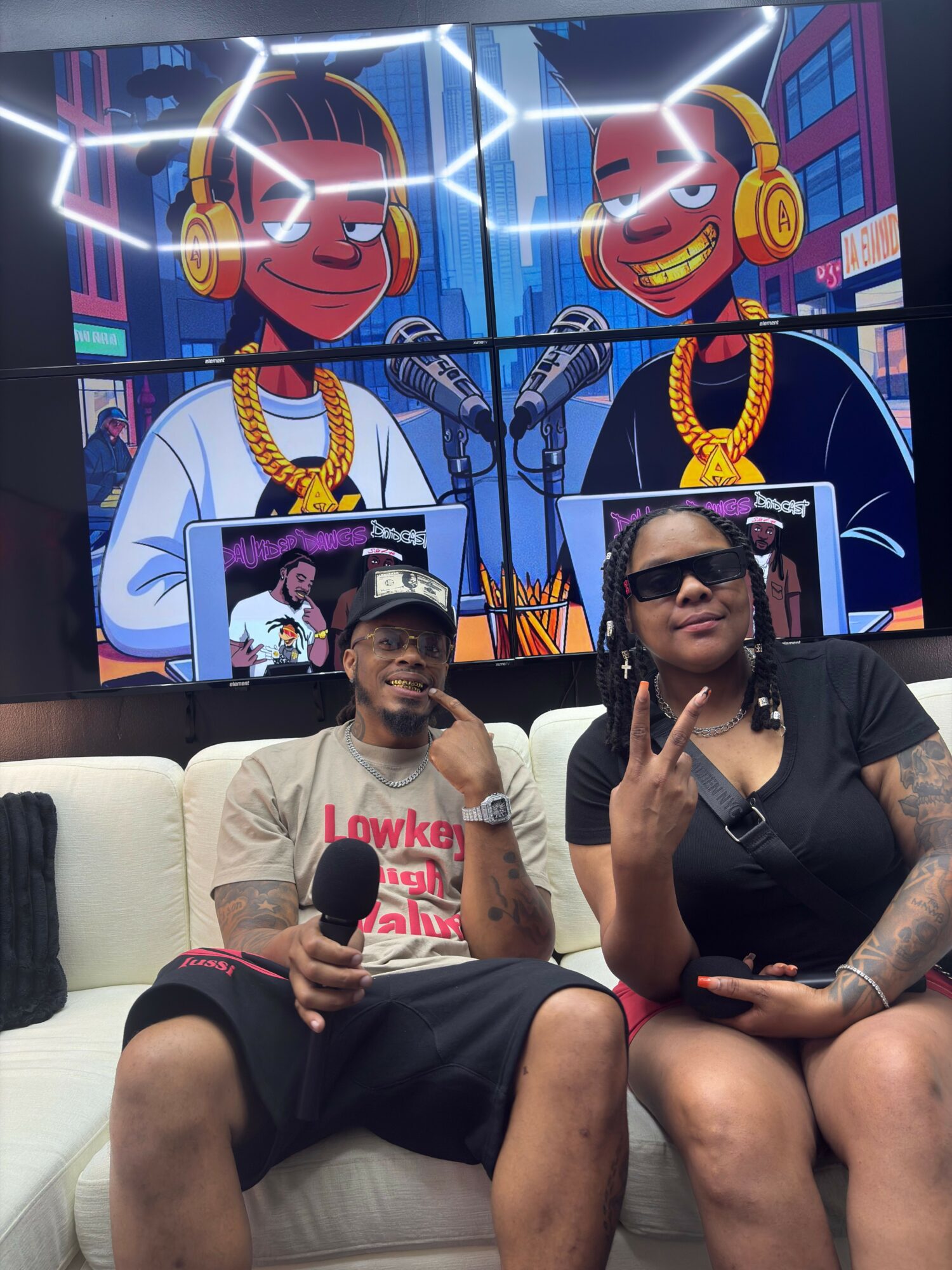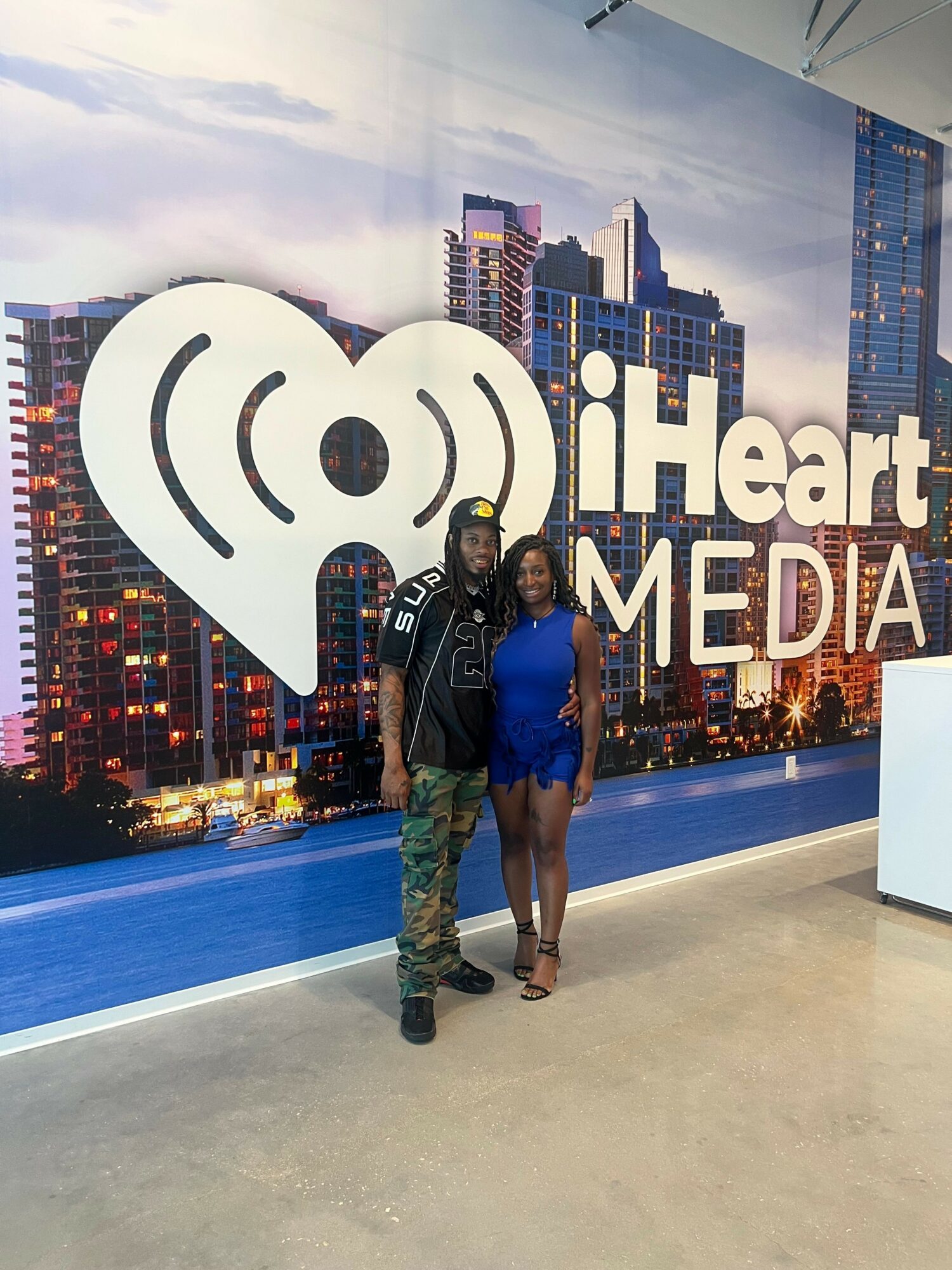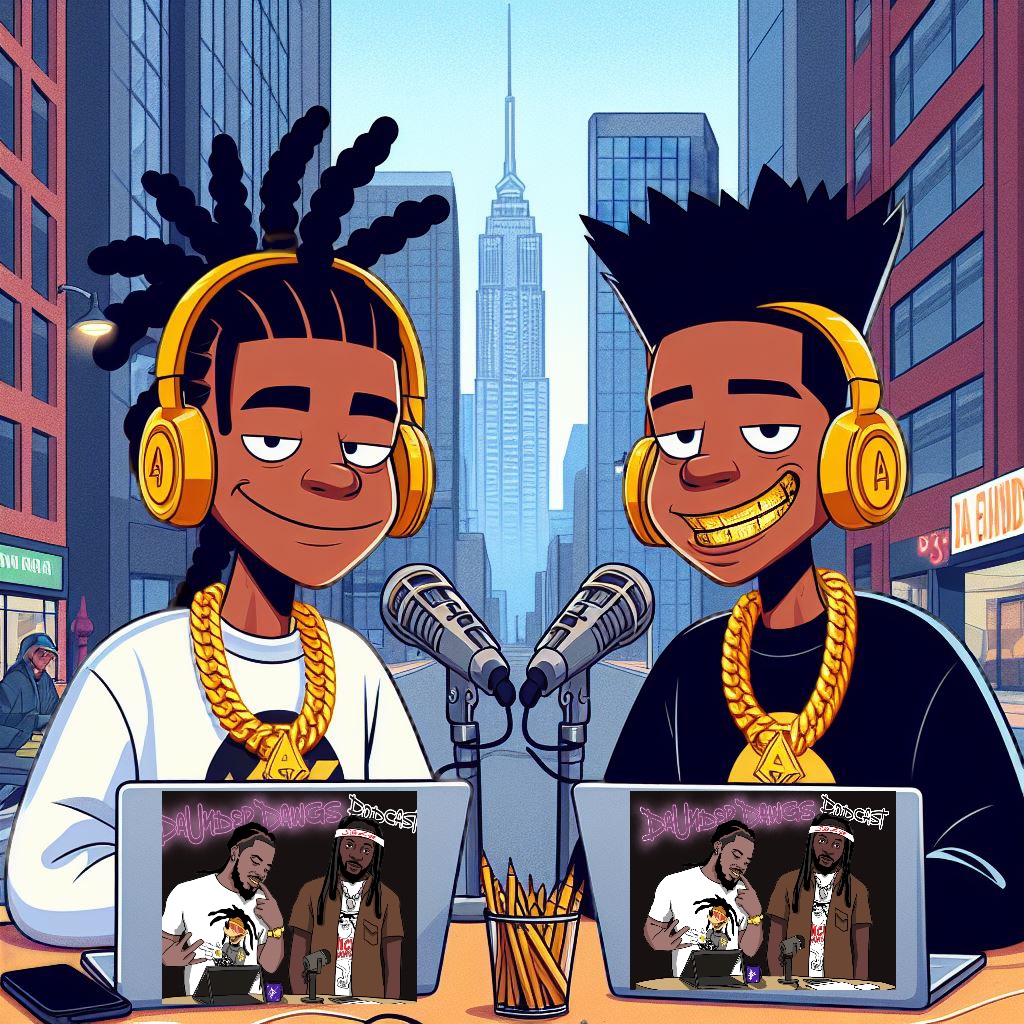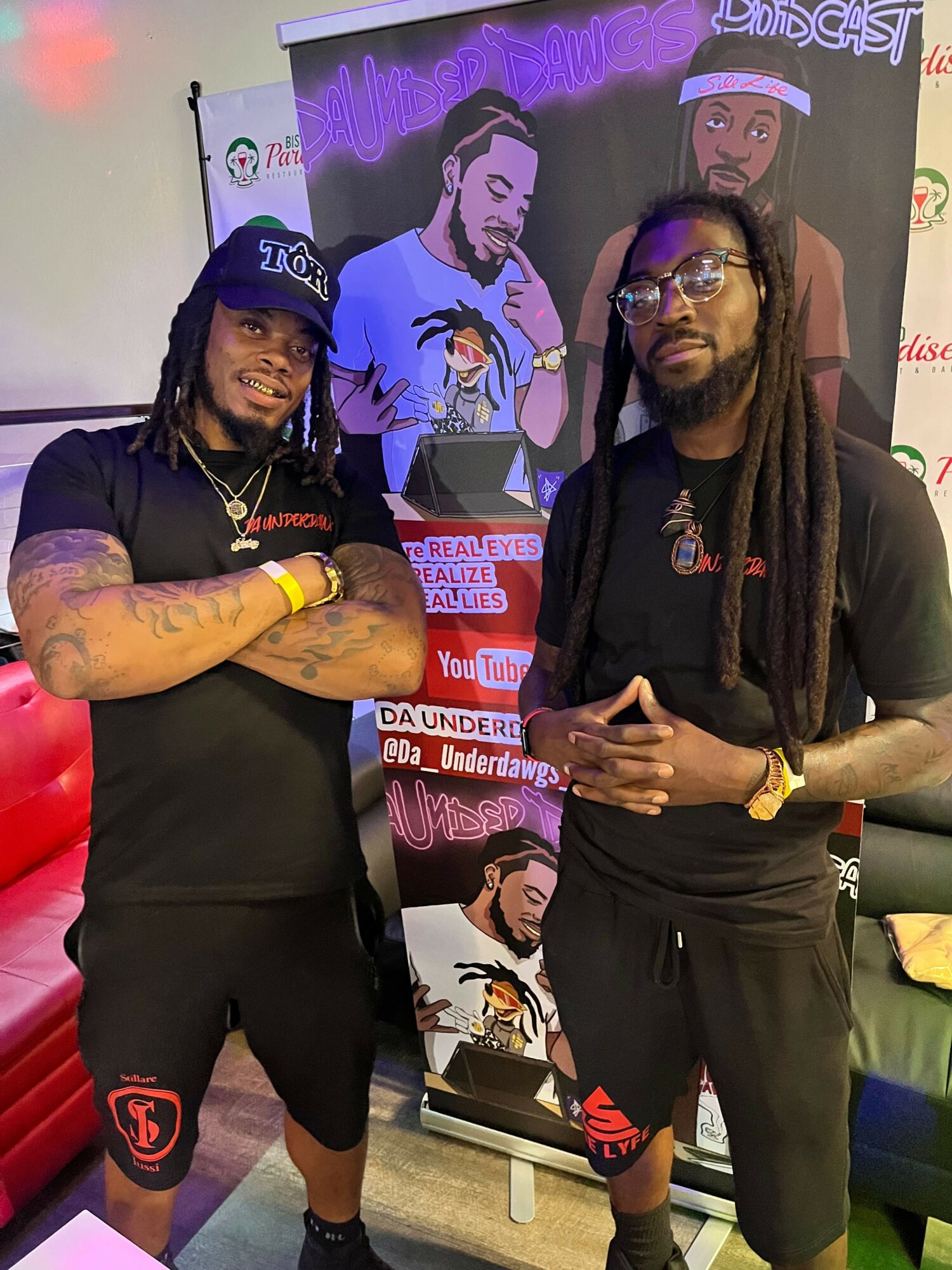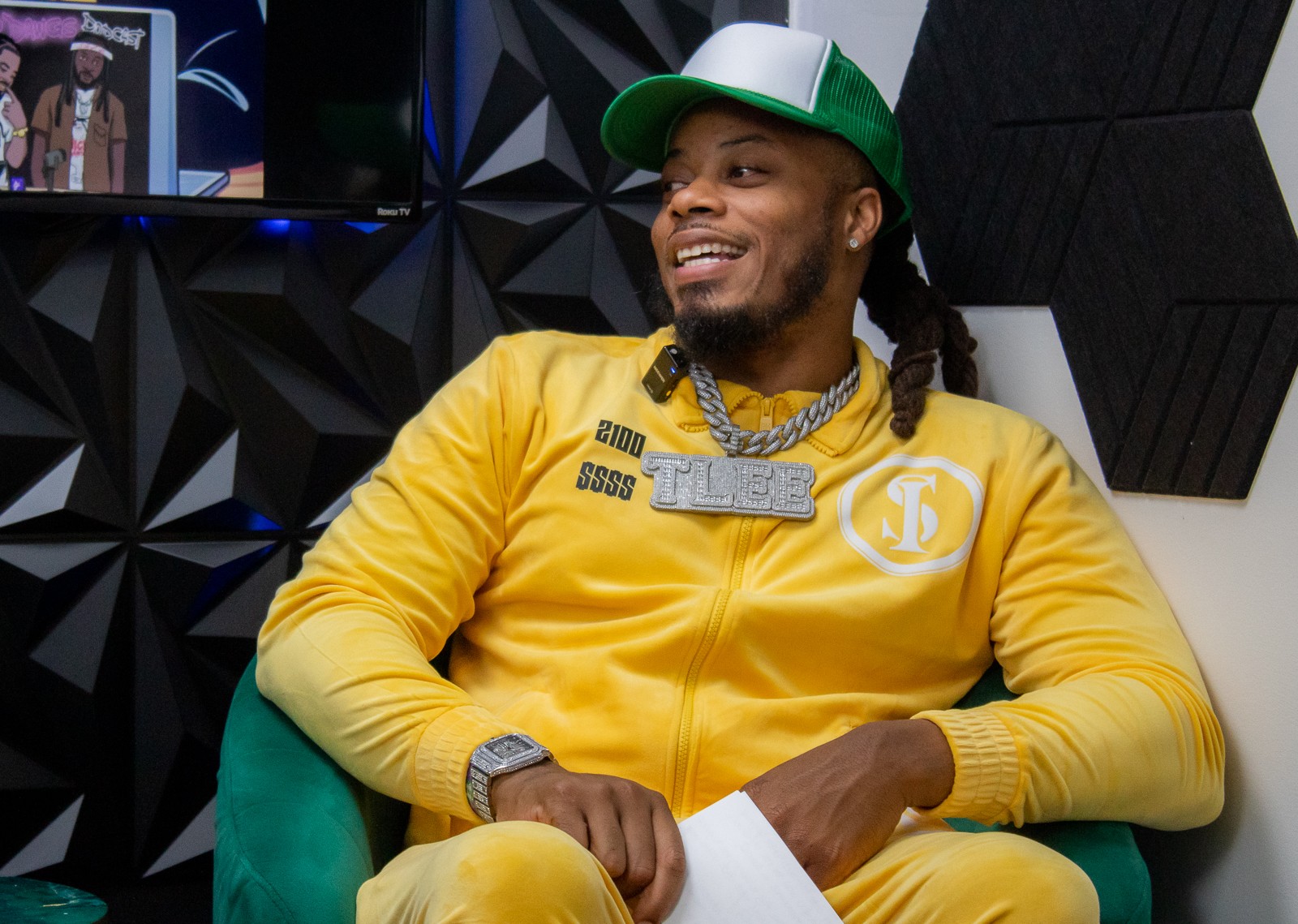

We recently had the chance to connect with Terry Taylor and have shared our conversation below.
Terry , we’re thrilled to have you with us today. Before we jump into your intro and the heart of the interview, let’s start with a bit of an ice breaker: What do you think others are secretly struggling with—but never say?
I believe a lot of people especially men are silently struggling with their mental health. Speaking from personal experience as a 33-year-old man, I didn’t fully realize the extent of my own mental health challenges until recently. For a long time, I normalized certain behaviors, emotions, and coping mechanisms without recognizing them as signs that something deeper was going on. It wasn’t until I took a step back and allowed myself to really reflect that I realized I needed help.
Like many others, I grew up in an environment where mental health wasn’t openly discussed. We were taught to tough it out, to push through, and to stay strong no matter what. That mindset became so deeply ingrained that I didn’t notice how much I was actually carrying pain, anxiety, and unresolved trauma, some of it rooted in childhood. I just figured it was normal to feel the way I did, and I found ways to cope that didn’t really address the underlying issues.
It wasn’t until I decided to seek professional help that things started to make sense. I was diagnosed with PTSD and anxiety, and that diagnosis gave me both clarity and validation. It wasn’t all in my head I wasn’t just “overthinking” or being dramatic. There were real, legitimate reasons behind what I was feeling, and more importantly, there was support available.
Since then, I’ve been prescribed medication and started therapy, and both have helped me tremendously. I’m learning how to manage my mental health in ways I didn’t think were possible before. But what strikes me the most is how many people I know are likely going through something similar and still haven’t spoken a word about it.
That’s why I think mental health, especially among men, is one of those things people secretly struggle with. There’s still stigma, still shame, and still this pressure to “have it all together.” But the truth is, none of us do and that’s okay.
I hope that by sharing my experience, it encourages others to take that first step, too. You don’t have to hit rock bottom before you ask for help. You just have to be honest with yourself and brave enough to reach out. It’s not weakness it’s strength.
Can you briefly introduce yourself and share what makes you or your brand unique?
my name is Terry Taylor, also known as Fleetwood Jr. I’m the co-founder and host of Da Underdawgs Podcast, which launched in January 2022 somewhat by accident. Originally a rap artist, I noticed how many media platforms tend to promote negativity, especially in our communities. Instead of just talking about the problem, I decided to be part of the solution. That’s how Da Underdawgs was born.
Our platform is built around storytelling real, raw, and honest conversations that highlight people’s motion, meaning their progress, hustle, and growth. Whether you’re just getting started or deep in your journey, if you’re moving with purpose, your story matters. We focus on the full experience both the wins and the losses because that’s where the lessons are.
At its core, Da Underdawgs is about resilience, consistency, and that “each one teach one” energy. Every episode is an opportunity for guests to share their journey, from where they come from to how they got to where they are today while dropping gems for the next person coming up. We also make sure to give our guests their flowers while they’re here.
We’re now 9 seasons deep, with over 100 guests and episodes—including international ones and we’re just getting started. Da Underdawgs isn’t just a podcast, it’s a movement.
Amazing, so let’s take a moment to go back in time. What breaks the bonds between people—and what restores them?
I believe the things that break bonds between people often come down to character and communication or the lack of both. Greed, dishonesty, and disloyalty are some of the biggest factors. When someone puts their own interests above the relationship without considering the other person, trust is broken. And once trust is damaged, everything else whether it’s love, friendship, or business starts to fall apart.
Dishonesty, even in small forms, creates distance. You stop feeling like you really know the person. Disloyalty, whether it’s betrayal or just not showing up when it counts, makes you question someone’s intentions and commitment. Over time, all of these things can chip away at a bond until there’s nothing left.
But on the flip side, what can restore those bonds is understanding especially when it comes from a place of humility and willingness to listen. A lot of relationships break not just because of the big issues, but because of miscommunication or assumptions. When two people are willing to sit down, put ego aside, and really talk to not just respond, but to listen that’s when healing can start.
It’s about getting back on the same page. Being honest. Owning mistakes. And most importantly, being open to growth both individually and together. Communication doesn’t always fix everything instantly, but it creates the space for understanding, which is the foundation for rebuilding trust.
In my experience, people make mistakes. We all fall short sometimes. But when there’s genuine effort to understand, to be transparent, and to move forward together, bonds can not only be restored they can become stronger than before.
What have been the defining wounds of your life—and how have you healed them?
My daughter was born prematurely and spent two years in the hospital. Watching your child fight for her life day in and day out is something no parent can ever prepare for. 3 years beforehand that mentally affected me as well was in 2020, I lost my father. That hit hard. He was someone I talked to often, who always encouraged me and genuinely wanted to see me win. Losing that voice of support left a major void.
In the beginning, it was tough to cope. Life didn’t pause for the pain. But I turned to my creative outlets music and podcasting as forms of therapy. They helped me stay grounded and protected my mental health when I could’ve easily fallen into a dark place.
Through it all, what gave me peace was watching my daughter survive and thrive. Her strength reminded me that no matter how things look on the outside, God has the final say. That experience strengthened my faith, my resilience, and my purpose.
Alright, so if you are open to it, let’s explore some philosophical questions that touch on your values and worldview. Is the public version of you the real you?
Yes what you see is what you get. The version of me you see in public, online, or on the mic is the same person I am offline. I come from an era where we were who we were before the internet. So I’ve always valued being authentic over performing for attention.
Of course, depending on the environment, I know how to adapt. There’s a difference between adjusting to the room and changing who you are. But at the core my morals, my integrity, how I treat people those things never shift, no matter where I’m at or who’s watching.
In a time when so many people are curating identities for likes and validation, I pride myself on being grounded. I don’t have an “online persona” and a separate private one. I move with intention, and I represent myself the same way whether I’m in a studio, a business meeting, or just walking through my neighborhood. That consistency is important to me because it builds trust not just with others, but within myself.
So yes, the public version of me is the real me. The same values. The same heart. Just different settings.
Okay, so before we go, let’s tackle one more area. What will you regret not doing?
Honestly, one thing I won’t regret is stepping out of my comfort zone to explore what life has to offer beyond home. A lot of people talk about taking risks, but few actually follow through. I took that leap when I left everything familiar behind and moved to Minneapolis, Minnesota alone. I didn’t have any family there, no close friends, no safety net. I just packed up, got in my car, and drove 17 hours straight. That moment was a real turning point for me.
It was a risk, no doubt. There were moments of uncertainty and isolation, but there was also growth. Being in a new city with no one to rely on forced me to grow mentally, emotionally, and spiritually. I learned to trust myself, move with purpose, and adapt to whatever life threw my way.
If I had never taken that step, that’s what I would’ve regretted playing it safe, staying stuck in the same environment, and never knowing what I was truly capable of. That experience taught me that everything you want in life is on the other side of fear. I’d rather face the unknown than live with the regret of wondering what if?
Contact Info:
- Website: https://Www.underdawgsww.com
- Instagram: https://www.instagram.com/underdawgsworldwide?igsh=MXQybGVpdjNmMXRjOQ%3D%3D&utm_source=qr
- Facebook: https://www.facebook.com/share/1UiKqzR2DT/?mibextid=wwXIfr
- Youtube: https://youtube.com/@daunderdawgspodcast?si=1-muXKlg_Kg1oTXR
